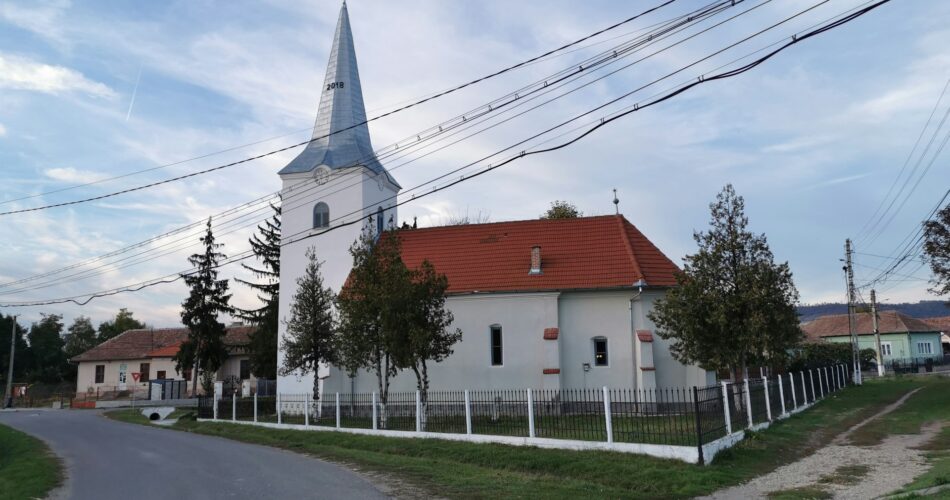Afterlife Belief Booms Among Nonreligious Americans
Belief in an afterlife is becoming more common among Americans, including those who identify as having no religious affiliation. Recent data shows that belief in life after death among the religiously unaffiliated — often referred to as “nones” — has grown from around 50% in the 1970s to approximately 60% today.
This trend comes from a study conducted by Ryan Burge, a political science professor at Eastern Illinois University, who examined data from the General Social Survey, which has tracked American views on religion and other social issues since 1973. The survey asked participants whether they believed in life after death, with responses showing a steady increase over time — from 76% in 1973 to about 82% in 2022.
The rise is especially noticeable among the unaffiliated, whose belief in an afterlife grew significantly during the 1990s. Burge attributes this shift in part to increasing political division, which led many spiritual individuals to distance themselves from formal religious institutions. Despite this detachment from organized religion, belief in an afterlife remained strong among these individuals.
Education levels appear to have little influence on afterlife beliefs, as rates of belief remain high across all levels of schooling. From those with only a high school education to those with advanced degrees, belief in life after death stays within a narrow range of 79% to 81%. This consistency has held for decades, with education rarely affecting these views.
Generational trends show some variation. People born in the 1950s have demonstrated a noticeable increase in belief over time, while those born in the 1960s show more erratic patterns. Younger generations, such as those born in the 1970s and 1980s, have maintained steady levels of belief. Other demographic factors, like gender and political ideology, also play a role: men are generally less likely than women to believe in an afterlife, and liberals are more skeptical than conservatives. Still, the strongest indicator of disbelief is a lack of religious affiliation. Interestingly, Burge also noted that higher education — contrary to common assumptions — may actually be slightly associated with stronger belief in life after death.
